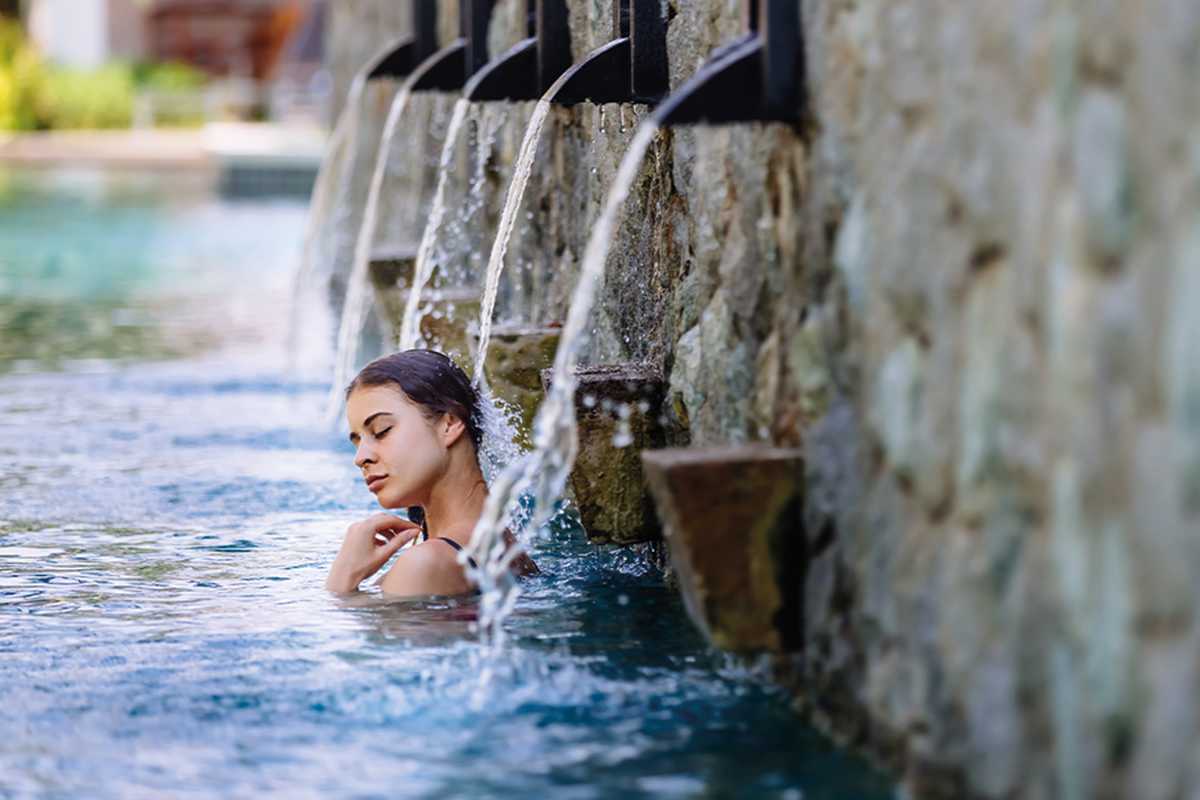Water is a crucial resource in every part of our lives, but it holds special significance in the tourism industry. Many popular tourist destinations – like beach resorts, islands, and even cities – rely heavily on water for attractions, accommodation services, and overall appeal.
However, with tourism growing every year, the demand for water is increasing rapidly, and this can put a strain on local resources. This is why effective water management in tourism is vital.
The Importance of Water in Tourism
Tourism involves activities like swimming in pools, bathing in hotels, and irrigation for golf courses and gardens. Tourist destinations, especially those in hot or tropical climates, often require a lot of water to maintain their appeal.
Resorts, for example, need water for laundry services, food preparation, and recreational activities like water parks.
While all of these are important for the tourism experience, the use of water can sometimes outpace its availability. In regions where water is already scarce, the pressure from tourism can cause issues like water shortages, over-extraction of groundwater, or even water pollution.
Challenges of Water Management
One of the main challenges is balancing the needs of tourists with those of the local population. In many areas, local communities already struggle with limited access to clean water. When large resorts or tourist activities demand even more water, it can lead to unfair distribution, leaving local people with less.
Another challenge is waste. Tourism can generate large amounts of wastewater, from hotel bathrooms to restaurants and other facilities.
If this water is not properly treated before being released back into the environment, it can pollute rivers, lakes, and oceans, harming local ecosystems and wildlife.
Sustainable Water Management Solutions
To address these challenges, many destinations are starting to implement sustainable water management practices. These include reducing water consumption, reusing water, and treating wastewater.
For instance, many hotels now encourage guests to reuse towels instead of having them washed every day, which helps save water. Some resorts also invest in water-efficient technologies like low-flow showers and toilets, which significantly reduce the amount of water used without compromising guest comfort.
Recycling wastewater is another effective strategy. For example, some places treat and reuse greywater (from sinks, showers, and baths) for non-potable uses like watering gardens or cleaning purposes. This reduces the strain on freshwater sources and minimizes pollution.
Education plays a key role in promoting water conservation. Encouraging tourists to be mindful of their water usage, whether by taking shorter showers or being cautious with pool water, can have a positive impact on overall water use.
Tourists can also support environmentally responsible businesses that prioritize sustainable water practices.
The Role of Local Governments and Communities
Local governments have a crucial role in setting regulations and standards for water use in tourism. By creating policies that limit excessive water consumption and promote recycling, governments can ensure that tourism doesn’t harm local water resources.
Additionally, communities can work with the tourism industry to protect their water resources by voicing concerns and helping develop sustainable practices that benefit everyone.
Conclusion
Water management in tourism is essential for the well-being of both the industry and local populations. By using water wisely, recycling where possible, and raising awareness among tourists, the tourism industry can reduce its impact on local resources and ensure that destinations remain vibrant and enjoyable for future generations.

